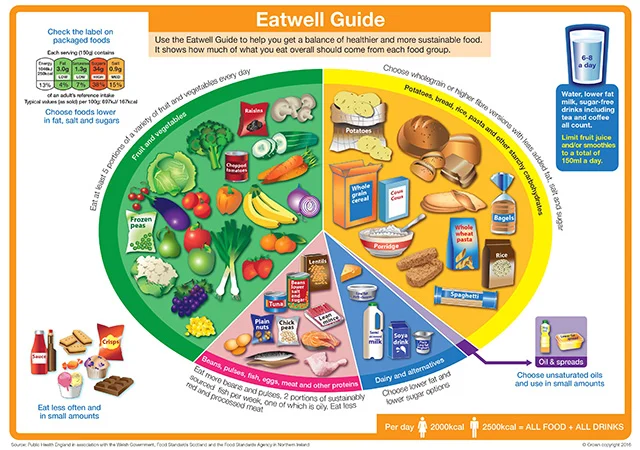Welcome to Health Facts, your trusted source for essential health tips and information! Today, we’re exploring a simple yet impactful health fact – the incredible benefits of eating more fruits and vegetables. Discover why these colorful foods should be a cornerstone of your diet and how they contribute to your overall health.
The Importance of Fruits and Vegetables
Fruits and vegetables are more than just a side dish; they are packed with nutrients that are vital for your health. Incorporating a variety of these foods into your daily diet can lead to numerous health benefits.

Key Benefits of Eating More Fruits and Vegetables
1. Rich in Essential Nutrients: Fruits and vegetables are rich sources of vitamins, minerals, and antioxidants. Nutrients like vitamin C, potassium, and folate are essential for immune function, heart health, and cell repair.
2. Supports Digestive Health: High in dietary fiber, fruits and vegetables promote healthy digestion and prevent constipation. Fiber also supports gut health by fostering beneficial bacteria.
3. Helps with Weight Management: Low in calories and high in fiber, fruits and vegetables help you feel full longer, making them a great choice for weight management and reducing cravings.
4. Reduces the Risk of Chronic Diseases: Regular consumption of fruits and vegetables is associated with a lower risk of chronic diseases such as heart disease, stroke, and certain cancers. Their antioxidants help combat inflammation and oxidative stress.
5. Boosts Skin Health: Vitamins and antioxidants found in fruits and vegetables, such as vitamins A and C, contribute to healthy, glowing skin. They protect against sun damage and support skin repair.
6. Enhances Immune Function: Fruits and vegetables provide nutrients that strengthen the immune system, helping your body defend against infections and illnesses.
7. Improves Mental Health: Emerging research suggests that a diet rich in fruits and vegetables may support mental well-being. Nutrients like folate and vitamin C are linked to improved mood and cognitive function.

Fun Facts and Curiosities
The Rainbow Diet: Eating a “rainbow” of fruits and vegetables ensures you get a variety of nutrients. Different colors often indicate different types of vitamins and antioxidants.
Seasonal Choices: Seasonal fruits and vegetables are often fresher and more affordable. Plus, eating seasonally can introduce you to new and exciting foods.
Historical Significance: Fruits and vegetables have been staples in diets across cultures for thousands of years, valued for their nutritional benefits and role in traditional cuisines.
The 5-A-Day Rule: Many health organizations recommend aiming for at least five servings of fruits and vegetables each day to meet nutritional needs and improve health.
Tips for Eating More Fruits and Vegetables
Incorporate Them into Every Meal: Add fruits to your breakfast cereal or yogurt, and include vegetables in your lunch and dinner.
Snack Smart: Choose fruits and veggies as healthy snacks. Fresh fruits, veggie sticks with hummus, or a fruit salad are easy and nutritious options.
Cook with Vegetables: Experiment with recipes that feature vegetables as the main ingredient, such as vegetable stir-fries, soups, or salads.
Keep Them Visible: Store fruits and vegetables where you can see them. Keeping them at eye level in your kitchen encourages you to reach for them more often.
Try New Varieties: Explore different types of fruits and vegetables to keep your diet exciting and nutritious. Seasonal produce can offer unique flavors and health benefits.
Conclusion
Eating more fruits and vegetables is one of the simplest and most effective ways to improve your health. From providing essential nutrients to supporting disease prevention, these foods are vital to a balanced diet. Stay tuned to Health Facts for more health tips, facts, and inspiration to help you live your healthiest life!
Eat well and stay healthy! The Health Facts Team

